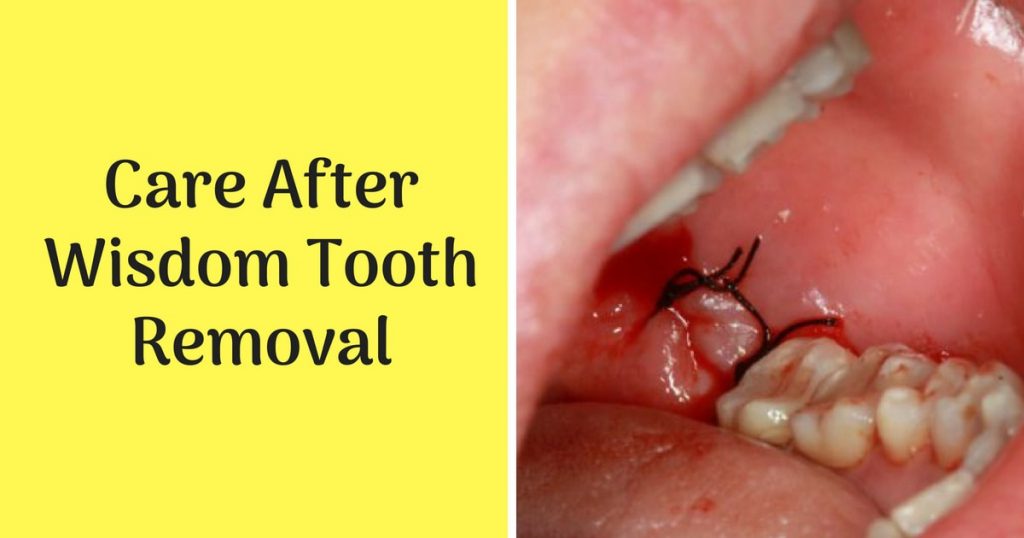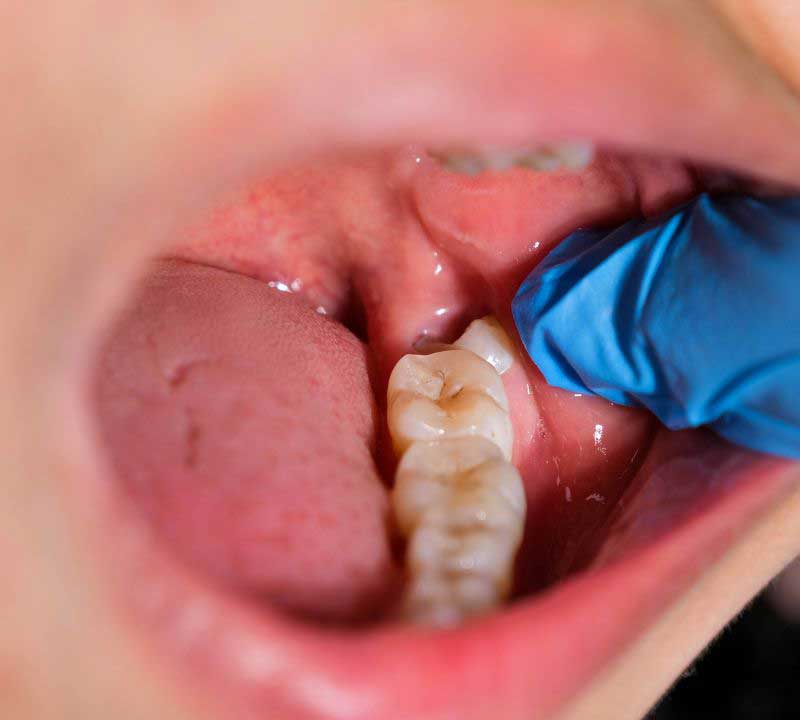Exploring Different Sedation Options for a Comfy Wisdom Teeth Extraction Experience
When encountered with the prospect of having wisdom teeth removed, ensuring a pain-free and comfortable experience is paramount. The use of sedation throughout such procedures has actually come to be progressively usual to ease anxiousness and pain. With a series of sedation options offered, from neighborhood anesthetic to general anesthetic, each approach provides differing degrees of leisure and pain control. Understanding the distinctions between these options and their viability for private needs is essential in guaranteeing a smooth and comfortable knowledge teeth extraction process. wisdom teeth removal aspendale.
Regional Anesthesia
Regional anesthesia is a typically utilized method for numbing particular locations of the mouth throughout wisdom teeth extraction procedures. By administering an anesthetic, such as lidocaine, a dental expert can ensure that the patient remains pain-free and comfortable throughout the removal procedure. Local anesthesia works by temporarily obstructing the nerves in the mouth, stopping them from sending pain signals to the brain. This permits the dental expert to execute the extraction without triggering any kind of discomfort to the client.
One of the key advantages of regional anesthesia is its targeted numbing result, which implies that just the specific area being treated is influenced. This local approach reduces the danger of systemic adverse effects and enables a quicker healing post-procedure. Furthermore, neighborhood anesthesia is taken into consideration to be a safe and regular method in dental care, with very little risks included when carried out by a trained professional.
Laughing Gas
Nitrous oxide, frequently known as giggling gas, is a type of sedation typically used in dentistry to assist clients loosen up during oral procedures. This sedation choice allows the individual to remain mindful and receptive throughout the procedure while feeling at convenience and comfy.
Furthermore, nitrous oxide is recognized for its fast recuperation time. Once the mask is gotten rid of, the effects of the gas wear away quickly, enabling people to resume their normal activities without remaining sedative effects. This makes nitrous oxide a hassle-free choice for those who require to drive themselves home after the oral appointment. Nitrous oxide is suitable for individuals of all ages, making it a functional sedation option for wisdom teeth extractions and various other oral procedures.
Dental Sedation
Oral sedation, a medicinal approach used in dentistry, entails the administration of sedative drugs by mouth to induce a relaxed state throughout oral treatments. The medicines prescribed for dental sedation belong to a course of medicines called benzodiazepines, which have sedative, anxiolytic, and amnesic properties.
Unlike intravenous sedation, oral sedation does not require shots or needles, making it a much more comfy option for individuals with a fear of needles. Furthermore, dental sedation is considered safe and efficient when provided by experienced dental professionals.
IV Sedation
Provided intravenously by qualified clinical specialists, IV sedation is an effective method utilized to induce a controlled state of deep relaxation and unconsciousness throughout dental treatments. Unlike oral sedation, which can be unpredictable in its effects, IV sedation allows for precise control over the level of sedation, making it an optimal option for intricate procedures like wisdom teeth removals.
Throughout IV sedation, a sedative drug is delivered straight right into the blood stream with a vein, allowing it to work quickly and successfully. This approach makes sure that the person continues to be comfortable and uninformed of the procedure while still preserving important functions such as breathing and heart price.
Among the primary benefits of IV sedation is its capacity to supply a deeper level of sedation compared to other approaches, making it especially suitable for people with high degrees of stress and anxiety or those undertaking substantial dental work (wisdom teeth removal aspendale). Additionally, the impacts of IV sedation commonly disappear progressively after the procedure, reducing the likelihood of grogginess or lingering adverse effects. Overall, IV sedation offers a risk-free and click for source effective choice for guaranteeing a comfy and trouble-free experience during knowledge teeth extraction

General Anesthetic
Having talked about the advantages of IV sedation for wisdom teeth removal, the usage of basic anesthesia supplies an alternative option for patients needing a much deeper level of unfamiliarity during dental treatments. General anesthesia generates a controlled state of unconsciousness, making certain the individual really feels no pain or pain throughout the extraction process. This approach is particularly valuable for individuals with serious oral anxiety, complicated medical needs, or those undertaking several removals at the same time.
General anesthetic is provided by a qualified anesthesiologist that carefully checks the individual's important indicators throughout the procedure. It entails using intravenous medicines or breathed in gases to induce a state of unfamiliarity. While under basic anesthesia, the patient will certainly not understand the surgical treatment, experience any kind of discomfort, or have any type of recollection of the treatment later.
Although basic anesthetic is safe when carried out by certified professionals, it brings a slightly higher danger contrasted to various other sedation alternatives - wisdom teeth removal aspendale. Clients considering general anesthesia for wisdom teeth removal should talk about the potential risks and advantages with their dental practitioner or dental doctor to make a notified decision based on their individual demands and clinical background

Conclusion
To conclude, numerous sedation options are offered to make certain a comfy knowledge teeth removal experience. Regional anesthesia is frequently used for numbing the particular area, while laughing gas gives relaxation and pain relief. Oral sedation and IV sedation deal deeper levels of relaxation, relying on the client's demands. General anesthetic can be used for extra complex situations. It is essential to seek advice from your dental professional or Related Site oral surgeon to determine one of the most appropriate sedation choice for your procedure.
Nitrous oxide is appropriate for individuals of all ages, making it a functional sedation option for knowledge teeth removals and other dental treatments.
